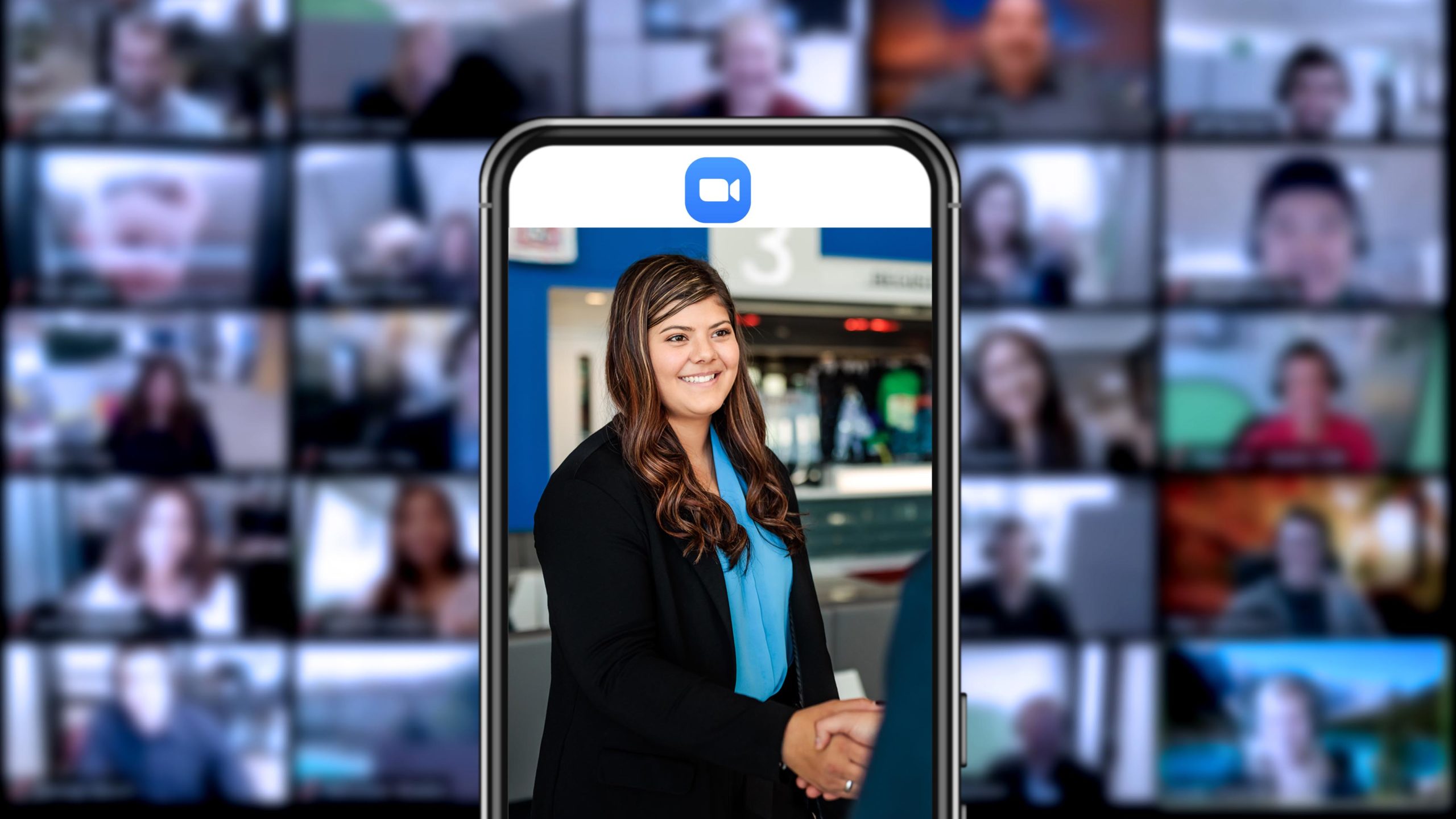Sales steps into the future
Forget the old clichés and say hello to a new breed of smart, friendly and tech-savvy professionals.

Don’t believe everything you see in the movies.
For years, films such as “The Wolf of Wall Street” and “Boiler Room” have painted sales as a garish profession filled with manipulative hacks and snake-oil merchants.
But April Schofield, director of Metropolitan State University of Denver’s Center for Professional Selling, thinks those outdated perceptions are pretty far off the mark.
“That whole image is a fallacy,” she said. “There’s no longer a ‘typical’ salesperson, if there ever was one. Successful salespeople come in all styles and personality types.”
And apparently, there’s also no longer a typical kind of sales job. The old days of cold calls and tough quotas long since gave way to a more collegial working model, focused on consulting with customers from a diverse client base.
Following the pandemic, yet another shift has taken place: a hard turn into digital selling.
Building trust
“The sales industry was turning toward technology anyway,” said Tom Miller, lecturer at the Center for Professional Selling. “But the pandemic created this laserlike focus on finding new tools and fresh ways of doing things.”
While the profession itself has remained fundamentally the same, the recent shift to screen-based selling has called for new tactics. Most notably, the Speed of Trust angle (basically, winning people over quickly) has become even more important.
“Sellers need to be acutely aware of how to build trust very quickly over a phone call or via Zoom,” Miller explained. The reason why is simple: “In a nutshell, it’s much easier for someone to put down the phone or close a laptop than it is to close the door on an actual person.”
RELATED: Setting sail on a sales career
Grappling with such challenges has become all part of a day’s work for current MSU Denver sales students, such as Taylor Dodson.
“As salespeople, we always need to build those important relationships with clients and serve their industries,” she said. “Only now, we’re having to learn how to approach them virtually and still make everything work.”
Remote connections
But how do you navigate the sudden loss of camaraderie and fellow-feeling that comes from spending time with a customer?
“This is the fascinating piece,” Miller said. “Because on one hand, humans are very much social creatures who desire face-to-face interaction. That’s woven into our culture and maybe even our DNA.”
But on the other hand, he explained, the move toward technology has opened up many new opportunities for salespeople to talk to potential customers over thousands of miles.
And while older people might still be a bit wary of Zoom calls and screen time, our younger generations — digital natives, one and all — are just fine with it.
“There’s a wide-scale social adaptation happening around technology just now,” Miller said, “and younger people have clearly shown they are very comfortable in a digital world.”
Technical experts
Becoming a sales dynamo in a post-pandemic world requires several key skills, but one in particular trumps them all.
“It’s absolutely necessary for salespeople to tactically understand how to best use all the available technological options,” Miller said.
Back in the analog days, a seller might get off on the wrong foot with a client and then win them over. But digital sales creates a high-wire atmosphere, where you get just one shot to make the right impression.
“You can’t afford any computer crashes, cutouts or failed uploads,” Miller said. “If your Zoom presentation is going to be the only representation of you, then you really need to make it dance.”
Tips for a successful Zoom sales pitch
|
|
That said, successful digital sales isn’t just about the tech. With the physical, in-person aspect removed, sellers need to work extra-hard to make an impression on a human level.
“It’s especially important now for salespeople to remain curious and show some emotional intelligence,” Dodson said. “We need to be thinking, ‘How can I best serve this customer?’ as opposed to ‘What can I sell them?’”
Schofield, the center’s director, is in total agreement. “Bottom line: The whole smooth-talking thing doesn’t really cut it anymore,” she said. “The foundational pieces of success these days are showing you’re a good listener, having empathy and being able to provide solutions.”
Winning start
By its nature, sales is a competitive career. Recognizing that, MSU Denver annually runs a national intercollegiate competition, Rocky Mountain Madness, that gives students a chance to hone their communication and selling skills.
Even better, various high-end sponsors and leading companies use the event to find their next crop of new hires among graduates. Students who compete, whether they win or not, put themselves right at the top of the pile for potential employers.
“From a career standpoint, it can be a real game-changer,” Miller said. “The competition provides an unbeatable platform for our students to showcase their talents.”
And the cherry on top: “It’s not uncommon for students to receive on-the-spot job offers!”






